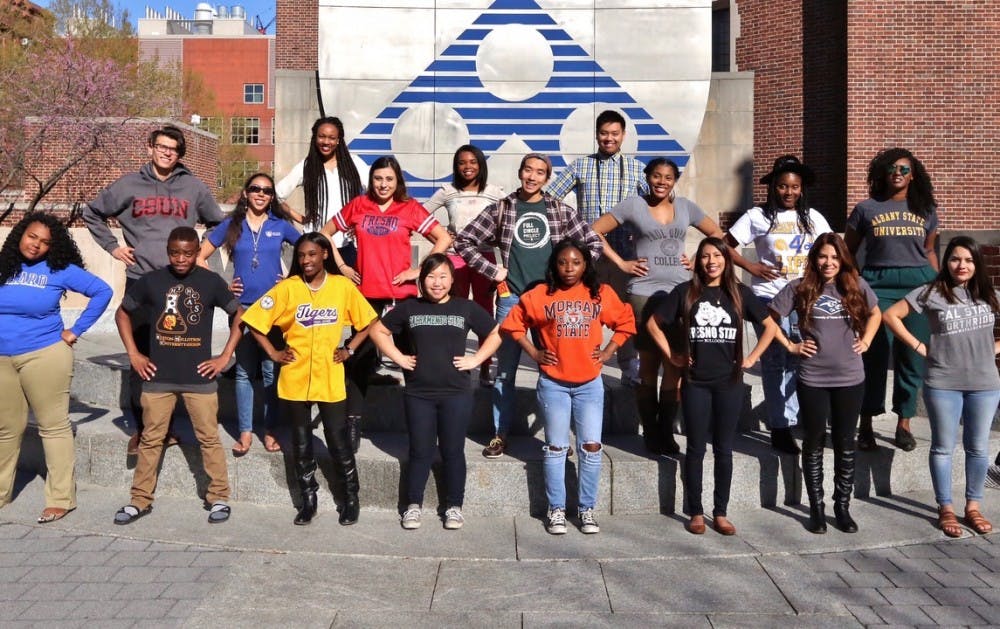Since it was founded in 1914, Penn's Graduate School of Education has produced 29 college and university presidents. This year, the Center for Minority Serving Institutions, which is hosted within Penn GSE, aims to add to that figure.
Last semester, the center launched its inaugural Minority Serving Institutions Aspiring Leaders program, which is funded by $745,000 in grants. The goal of the program is to shape the next generation of university presidents who will lead the country’s minority serving institutions, which are institutions of higher education that serve minority populations.
The Aspiring Leaders mentoring program begins with a three-day forum on Nov. 17 for 21 participants, who will be paired with current and past presidents at minority serving institutions.
"We’ll create a space for people who are within five to seven years from pursuing a presidency,” Associate Director for Programs Paola Esmieu said. “[They'll] start developing some of the skills they’ll need in preparation for these presidencies.”
The program was the brainchild of Marybeth Gasman, who first pitched the idea when the Center opened in 2014 with little support. Gasman's work paid off in January 2017 when the program received a four-year grant from the ECMC Foundation and The Kresge Foundation.
“There are 650 minority serving institutions across the country," Gasman said. "We really don’t have leadership training programs for future presidents that are specifically focused on these minority serving institutions."
Historically black universities and colleges and Hispanic-serving institutions are examples of minority serving institutions.
Gasman noted that what makes Penn’s program unique is that while other programs can cost thousands of dollars, Penn’s is entirely free for all participants. Another defining aspect is the two-year mentorship the program fosters, a relationship Gasman said is important “in order to be successful.”
For its inaugural year, the program selected 21 participants from nearly 70 applicants to be a part of its inaugural cohort.
Jessica Harris, a Southern Illinois University Edwardsville professor and director of their Black Studies program, is a member of the inaugural cohort.
“I knew that I wanted to transform and impact in a really positive way the lives of students on multiple levels,” said Harris, who said she has always dreamt of becoming a president of a historically black college or university. She said she hopes the skills she learns both at the forum and from her mentor will help her in her career goals.
“It means a lot to have UPenn at the center serving minority institutions,” Harris added. “It really sets UPenn apart.”
Gasman, a researcher on minority serving institutions at Penn for the past 15 years, noted that Penn’s tradition as a leading research university on education has certainly played a part in the program’s location at Penn. She has also had two former students become presidents of minority serving institutions.
“Penn has become known for creating presidents,” Gasman said. “Penn has a strong track record. We have resources, and I think that Penn as an institution lends a lot of credibility to any program that is affiliated with it.”



